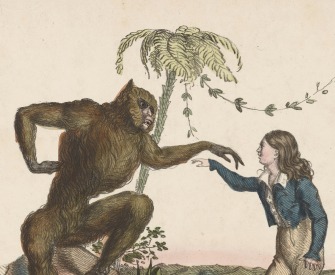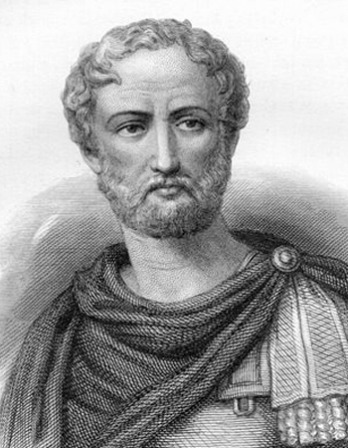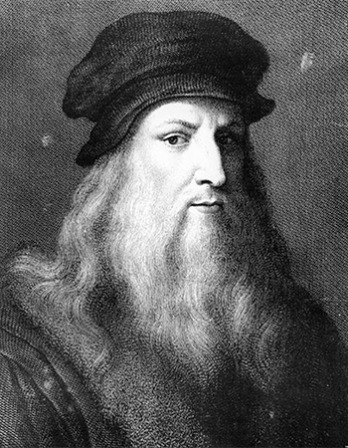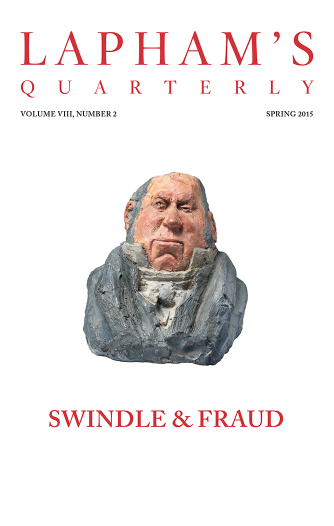By bringing into prominence the unconscious in psychic life, we have raised the most evil spirits of criticism against psychoanalysis. Do not be surprised at this, and do not believe that the opposition is directed only against the difficulties offered by the conception of the unconscious or against the relative inaccessibility of the experiences which represent it. I believe it comes from another source.
Humanity, in the course of time, has had to endure from the hands of science two great outrages against its naive self-love. The first was when humanity discovered that our earth was not the center of the universe but only a tiny speck in a world system hardly conceivable in its magnitude. This is associated in our minds with the name Nicolaus Copernicus, although Alexandrian science had taught much the same thing. The second occurred when biological research robbed man of his apparent superiority under special creation, and rebuked him with his descent from the animal kingdom and his ineradicable animal nature. This reevaluation, under the influence of Darwin, Wallace, and their predecessors, was not accomplished without the most violent opposition of their contemporaries. But the third and most irritating insult is flung at the human mania of greatness by present-day psychological research, which wants to prove to the “I” that it is not even master in its own home, but is dependent upon the most scanty information concerning all that goes on unconsciously in its psychic life. We psychoanalysts were neither the first nor the only ones to announce this admonition to look within ourselves. It appears that we are fated to represent it most insistently and to confirm it by means of empirical data which are of importance to every single person. This is the reason for the widespread revolt against our science, the omission of all considerations of academic urbanity, and emancipation of the opposition from all restraints of impartial logic. We were compelled to disturb the peace of the world.
From Introductory Lectures on Psychoanalysis. During World War I, while his three sons were serving in the Austrian army, Freud delivered this series of lectures at the University of Vienna. The founder of psychoanalysis published his first major work, The Interpretation of Dreams, in 1899 and his last, Moses and Monotheism, in 1938—the same year Adolf Hitler invaded Austria. The following year, Freud died at the age of eighty-three in London.
Back to Issue





